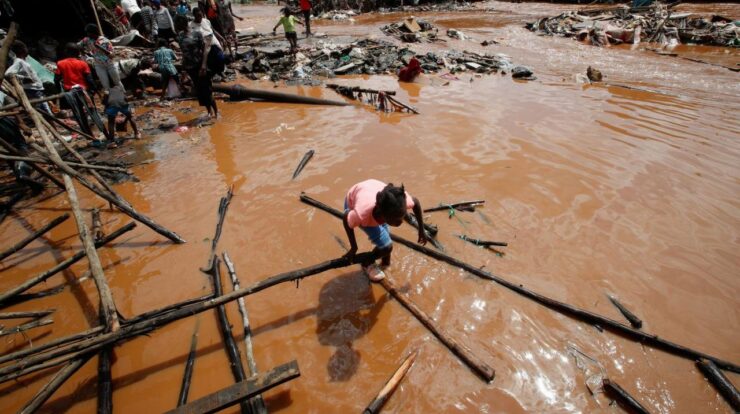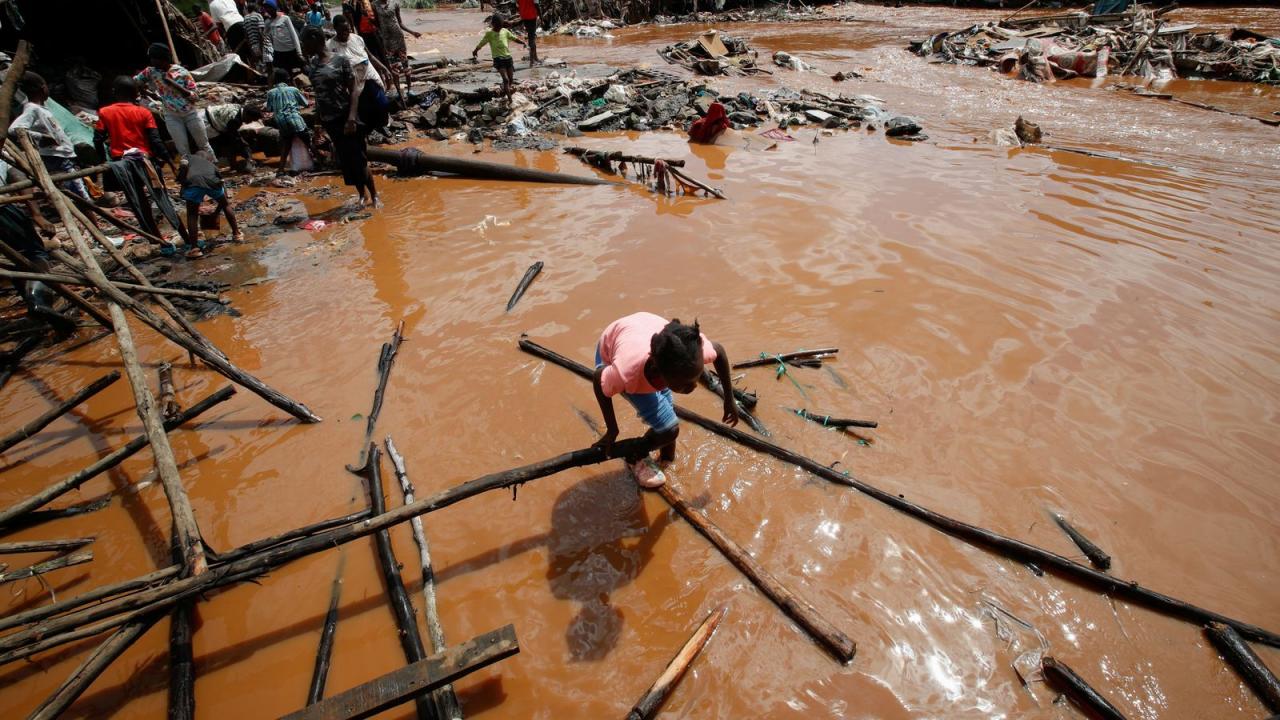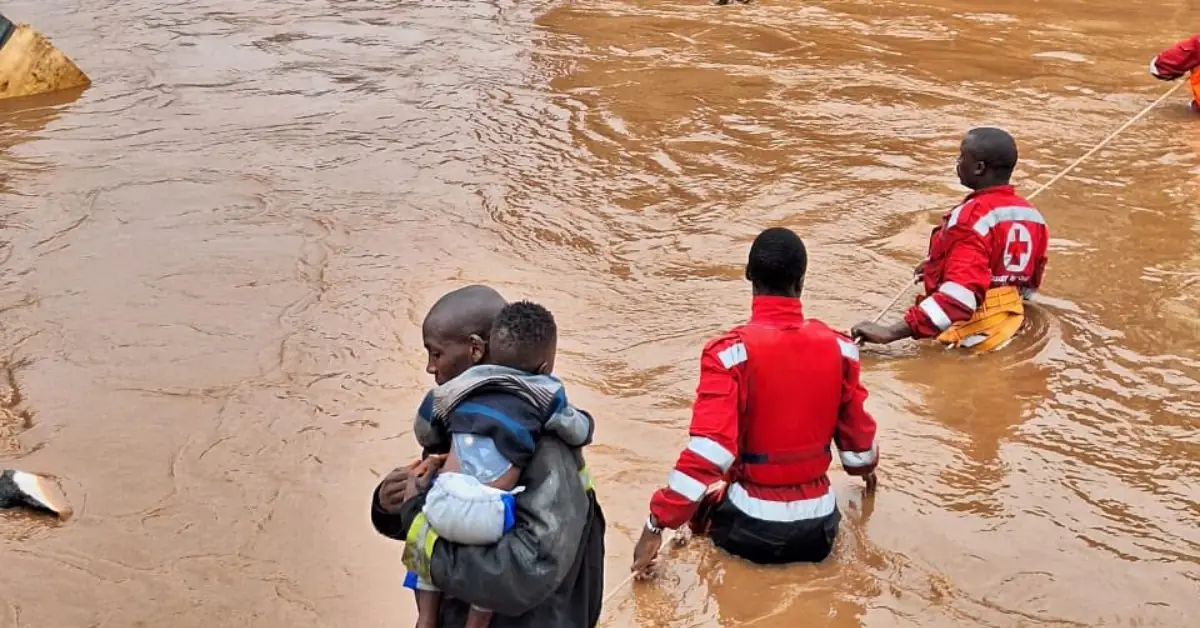
Kenya nairobi flooding – Nairobi, the bustling capital of Kenya, has become a victim of increasingly severe and frequent flooding, leaving a trail of destruction and misery in its wake. The causes of these floods are complex, rooted in a combination of heavy rainfall, poor drainage systems, urbanization, and deforestation.
The impact of flooding on Nairobi is equally dire. Infrastructure is damaged, homes are destroyed, and the health and well-being of residents are compromised. The economic consequences are also significant, with businesses disrupted and livelihoods lost.
Flooding in Nairobi

Flooding is a major problem in Nairobi, the capital of Kenya. The city is located in a low-lying area and is prone to flooding during heavy rains. In recent years, flooding has become more frequent and severe, causing widespread damage and disruption.
Causes of Flooding in Nairobi
- Heavy rainfall:Nairobi is located in a region that receives heavy rainfall, especially during the rainy seasons. The city’s drainage system is often unable to cope with the volume of water, leading to flooding.
- Poor drainage systems:The drainage systems in Nairobi are often inadequate or poorly maintained. This can lead to waterlogging and flooding, even during moderate rainfall.
- Urbanization and deforestation:The rapid urbanization of Nairobi has led to increased impervious surfaces, such as roads and buildings. This reduces the amount of water that can be absorbed into the ground, leading to increased runoff and flooding.
Impact of Flooding in Nairobi
- Damage to infrastructure:Flooding can cause extensive damage to infrastructure, such as roads, bridges, and buildings. This can disrupt transportation and communication, and can also lead to economic losses.
- Health and well-being of residents:Flooding can also have a negative impact on the health and well-being of residents. Standing water can breed mosquitoes, which can spread diseases such as malaria and dengue fever. Flooding can also contaminate water sources, leading to waterborne diseases.
- Economic consequences:Flooding can have a significant economic impact on Nairobi. Businesses can be disrupted, and workers may be unable to get to work. This can lead to lost productivity and economic losses.
Solutions to Flooding in Nairobi, Kenya nairobi flooding
- Improve drainage systems:One of the most important steps that can be taken to reduce flooding in Nairobi is to improve the city’s drainage systems. This includes increasing the capacity of existing drainage channels, and building new ones. It also includes maintaining drainage systems to ensure that they are clear of debris.
- Urban planning:Urban planning can also play a role in reducing flooding. By incorporating green infrastructure, such as parks and green roofs, into the city’s design, it is possible to reduce the amount of runoff and flooding.
- Public education and awareness campaigns:It is also important to educate the public about the causes and consequences of flooding. This can help people to take steps to reduce their own risk of flooding, such as avoiding building in flood-prone areas.
Outcome Summary: Kenya Nairobi Flooding

Addressing the issue of flooding in Nairobi is crucial for the city’s future. Measures to improve drainage systems, implement effective urban planning, and raise public awareness are essential. Only through a concerted effort can Nairobi mitigate the devastating impact of floods and create a more resilient and sustainable urban environment.
Clarifying Questions
What are the main causes of flooding in Nairobi?
Heavy rainfall, poor drainage systems, urbanization, and deforestation are the primary causes of flooding in Nairobi.
How often does flooding occur in Nairobi?
Flooding in Nairobi has become increasingly frequent in recent years, with major floods occurring several times a year.
What are the consequences of flooding in Nairobi?
Flooding in Nairobi can cause damage to infrastructure, displacement of residents, disruption of businesses, and health problems.





